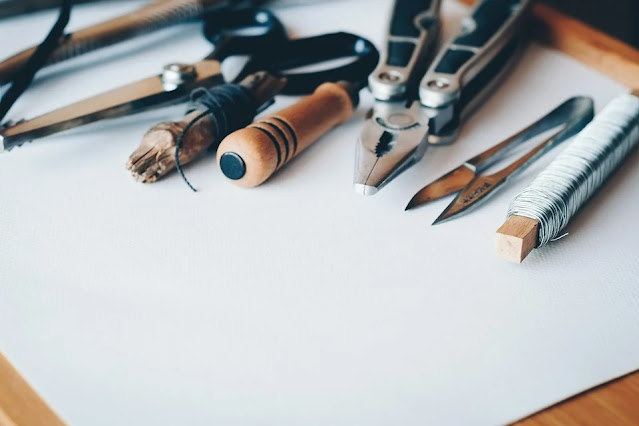One of the things that has become quite clear, in recent times, is how little people as a whole understand how science and facts work. One of the things that separates science from faith is the ability to ask questions with answers. Faith seeks to question that which can't be known, it asks the big questions, the ones that don't have answers. Faith is about asking the questions because in exploring what the answers might be, we discover truths that we wouldn't otherwise know.
Science, on the other hand, is about trying to actually answer questions. Sure, sometimes the questions are big, but the point is to figure things out, not to simply question. Where people tend to get lost is that answers aren't absolute. Just because we answer a question today doesn't mean that tomorrow a different answer might reveal itself.
And here's the tricky part. When we find a new truth, we have to accept that an old answer is false. What we don't need to do is declare the old answer a lie. At the time, that answer was true, as far as we knew it, and we acted on that truth as best as we were able. Life isn't static, we are constantly changing and growing and discovering new stuff, and as we do, we need to learn how to adapt to this changing truth.
This is a lesson that will serve people well in all areas of their lives, because as I just stated, life is ever changing. I am not the same person today that I was yesterday, because each moment that I exist I experience something new (even repeated items are 'new' in that it will be the millionth time I've done that particular thing), and each new experience changes how I respond to future events.
The thing is, we can look back and see how things were wrong and still acknowledge that, in the time in which that information existed, it was what was we believed to be true. Being able to separate truth as we know it now from truth as it was believed then is a huge concept that plays a vital role in our understanding of history. We can look back and see the thoughts of the day, and see how people thought they were taking just and honest actions, and at the same time we can recognize how we have learned new truths that make those actions unthinkable in the current day and age.
And here's the other thing: we can't hold back from acting on the truth of the day, just because we know that it's not complete! If we wait until we feel like we know everything, often the moment for ideal action will have passed. All we can do is take the best action we can, in every moment, based on the information we have.
This means staying current on information as best as you are able. It means reading and being open to new facts, new theories, new ideas and new truths. Just because something has been an accepted truth for hundreds of years doesn't mean we can't suddenly realize that it's not actually true.
This can be really hard to move on from, especially when we change how we fundamentally view the world. This means we may have to abandon what we thought were very basic concepts, and completely start over, figuring out what is what from the start. And this kind of radical change is pretty scary, and often involves admitting that we may have done things in the past that weren't noble or honorable or even ethical.
But just as we can let go of old ideas, we can also let go of the guilt we have for our past and past actions. Even if we thought we were doing something right, if we realize we did something less desirable, we can apologize to people we may have hurt. Making amends for prior actions doesn't mean you need to keep beating yourself up today, it simply means you are acknowledging your own growth, and expressing your desire to be better to people who may have suffered because of you.
I think part of why we often struggle with the idea of science and 'facts' changing is that we want the world around us to be stable and solid and eternal. When things change, we have to change with them, and sometimes we fight back against that change. If we learn to shift our perspective instead to one of discovery, where each change is a brand new world to explore, a brand new set of experiences and ideas to play with, we may find that the change becomes exciting instead of terror inducing.
Nothing in life is certain except for change. And so, we need to stay mindful that long established thoughts need to be challenged from time to time, just to make sure they are still valid. No matter how long we have stood by a belief, if we can't honestly look and see if it's still true based on what our current life experiences have taught us, then we aren't fully embracing it...we are just hiding behind our habits.



